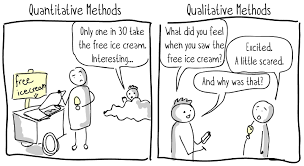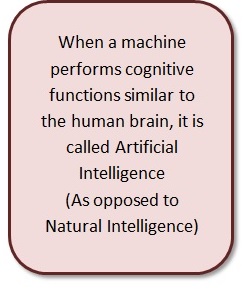
photo credit: https://theyogalunchbox.co.nz/how-do-i-open-my-third-eye/
How English became a global language? Which language is going to be next global language? How the dominance of language affect education? and other many thought-provoking questions were discussed in the “Globalization and language” course. The term globalization bothered me these two years since I frequently used phrases such as “in the globalized world”, “the global arena”, “in the globalization era”. I took the chance to understand and be aware of what the globalization means, identify its key features, define and apply its concepts and explore its relation to education. As our instructor said, “When you will go out from this room you will look at surrounding World through the global eye” (not word by word) (Sparks, 2017). I will be with you honest, I obtained the global look at what is going on all around the World and why the globalization is important not only for the countries but for individuals as well. Therefore this blog post reveals globalization from my perspectives.
In the discussion to follow, I will present my definition of globalization, drawing on the ideas of key authors writing on the topic. There is a significant consensus that globalization refers to the process of exchanging global ideas, recognizing and adsorbing other ideologies, perceptions, and beliefs addressing diversity in different domains of life (Block, 2010; Byram & Parmenter, 2012; Canagarajah, 2016). Examples of this include Block’s (2010) characteristics of globalization that it is the “ever-increasing interconnectedness of the world” (p. 300). In other words, globalization connects diverse people in the framework of similar policies in the economy, education and cultural relations for empowering the interconnectedness and interdependence. Although there are various interpretations of globalization, in this blog post, I am using the term to mean shifts in education policies that shape new ideologies.
Block (2010) describes globalization through Appadurai’s definition of “types of forces and flows” that calls 5-scapes (p. 291). They are ethnoscapes, technoscapes, financescapes, mediascapes, and ideoscapes which are ever-changing dimensions (Appadurai, 1990 as cited in Block, 2010). The author emphasizes the influences of migrants, asylum seekers, exiles, and tourists (ethnoscapes); fast intercultural communication through technology (technoscapes); financial and economic relations between countries (financescapes); TV, newspaper, magazines etc. (mediascapes) and flows of ideas about human rights, fear of terrorism, environmentalism etc. (ideoscapes) which build powerful “imagine ideologies” that depicts globalization. Block (2010) differentiates these dimensions and identifies that shifts of education policies refer to ideoscapes that conceptualizes particular domains in the education field.
My discussion will draw heavily on Byram and Parmenter’s (2012) understandings of globalization who emphasize how the Common European Framework of Reference for Languages: Learning, teaching, assessment (CEFR) became the global education policy which influences changes in other multicultural countries. They assert Dale’s (2007) theory that “initiative for change comes from outside the state, and that the scope includes not just policy goals but also processes”, saying that while launching policies countries consider experiences and practices of other countries and stipulate building new processes of other lifestyles (as cited in Byram & Parmenter, 2012). Thus, CEFR as the global education policy used by different countries to increase social cohesion and self-awareness in relation to human linguistic rights.
Based on authors’ key features of globalization mentioned above I am building the conceptual definition of globalization which can be defined as the process of intercultural communication, interchanging practices, ideologies and beliefs that stimulates effects on economic, political, cultural and individual changes. Although definitions of globalization extend to abstract influences of globalization in every demand I am focusing on the relation of globalization to language education.
This definition of globalization and its relationship with education will help me in my analysis as I try to understand and explain how globalization shape identities through education policies which might be borrowed from other countries. Also, it is important to understand how I can create my own conceptual framework and apply in the discussion.
Reference
Block, D. (2010). Globalization and language teaching. The handbook of language and globalization, 287-304.
Byram, M., & Parmenter, L. (Eds.). (2012). The Common European Framework of Reference: The globalisation of language education policy (23). Multilingual matters.




